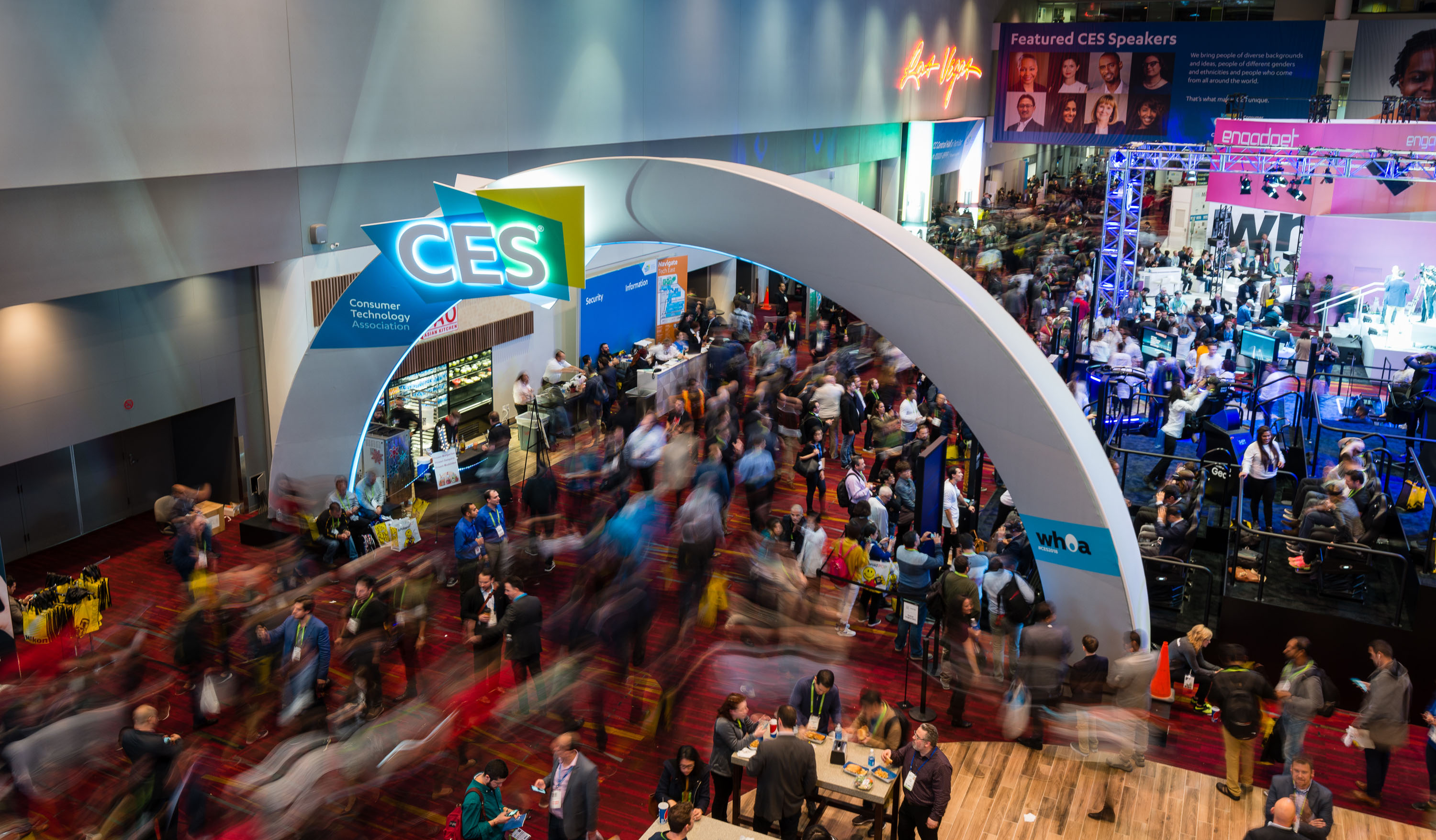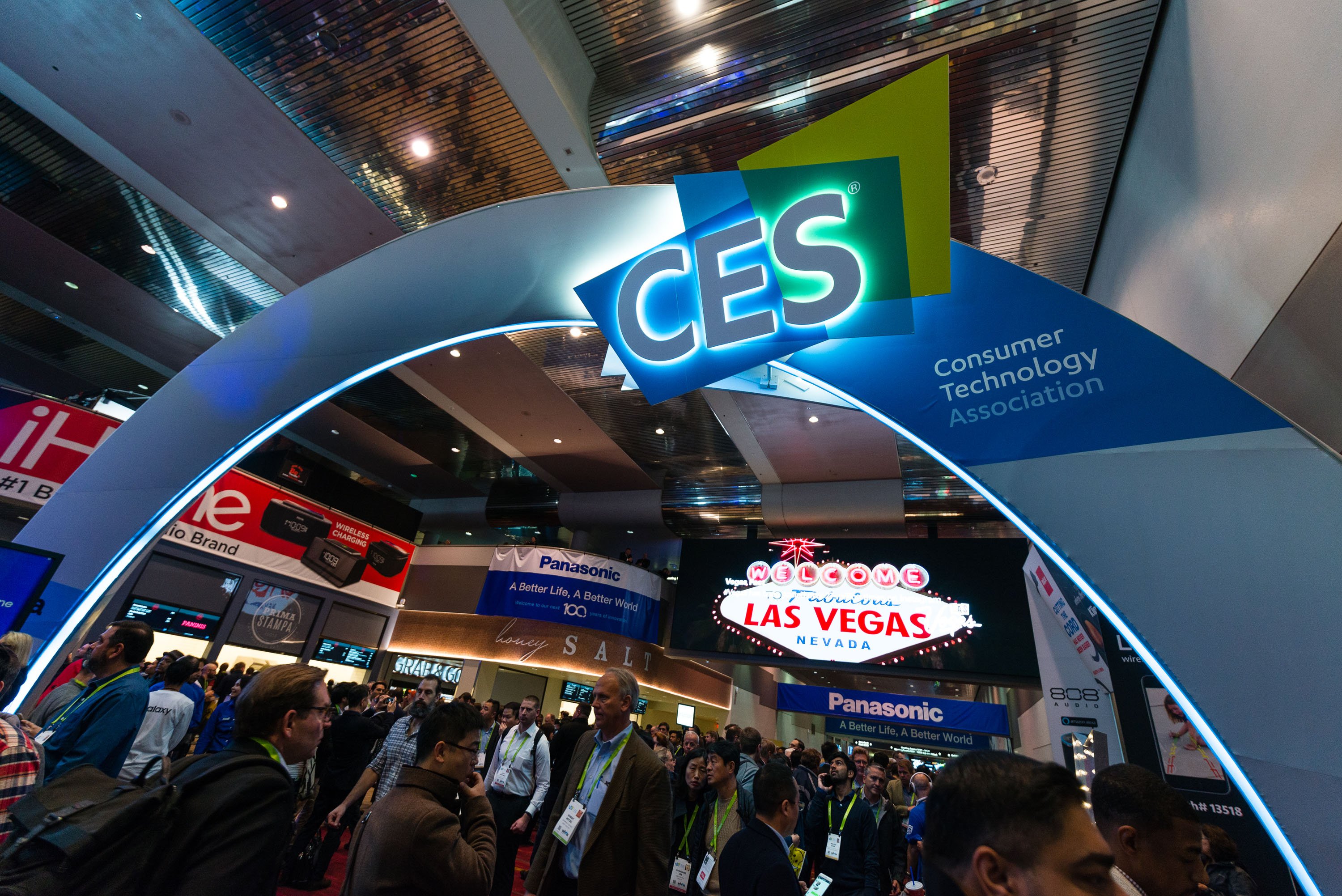
The future of driving is looking driverless. Companies such as Tesla, Mercedes-Benz and Google are exploring automated-driving solutions, promising us new ways to save time, eliminate headaches and make roads safer.
However, the impact of automation extends far beyond the auto industry. These five industries – and potentially many more -- are bound to feel the halo effect.
Media
We've all mastered the ability to tune the radio while keeping our eyes on the road, but checking our phones is still a hazard. That will be one of the biggest changes with self-driving cars. With our hands free and our minds less occupied, it will be safer and easier to consume media behind the wheel.
The retail and consumer industries stand to profit the most from that additional free time. Each additional minute car occupants spend online could generate $5.6 billion annually. As owners of self-driving cars gain more downtime in the driver's seat, shopping on mobile devices or embedded car devices will likely increase. Media consumption, including streaming services for television, movies and radio, is also likely to skyrocket.
Law enforcement
Can you really add points to peoples’ licenses if they aren’t doing the driving? Automated driving will likely lead to fewer traffic violations and drunk-driving incidents, reducing opportunities for police to issue tickets.
Law enforcement across the country could be faced with the challenge of finding new sources of revenue. In Michigan alone, district courts handled nearly 1.4 million traffic citations in 2016, equaling about $100 million in statewide ticket revenue. Without those large chunks of change, new fees or taxes could be implemented to make up the difference.
With more driverless cars and fewer road incidents, law enforcement will also be able to redistribute forces to focus on other areas of work. Officers directing traffic or patrolling highways may find new callings as they continue to protect and serve.
Insurance
If a driverless car crashes, who’s at fault? Manufacturers may be the most obvious answer.
Google, Volvo and Mercedes-Benz already accept liability cases in which self-driving vehicles are at fault. Tesla is even offering an insurance program for its own vehicles to offset the high cost of insuring its cars.
But as accidents become less common, insurance premiums will likely drop significantly. Instead of purchasing full-coverage insurance, passengers may choose minimal coverage options. In addition, states may choose not to enforce mandatory coverage regulations. It may be necessary for providers to lower their rates or consider new types of insurance plans.
Construction
One of the biggest selling points for automated cars is the potential to ease traffic by using a single network that connects to all vehicles’ systems. With an increased need for tech support, roadways will have to adapt in order to accommodate sensors, cameras and real-time location services that allow cars to communicate with one other. Traffic signals and road signs may be augmented with digital innards that communicate with the autonomous car network.
Parking infrastructure will also need to support these new driving systems. Driverless cars may reduce parking space by about 61 billion square feet, freeing up real estate and opportunities for alternate development. With autonomous ride-sharing cars dropping off passengers and finding parking on their own, nearly 144 billion square feet of parking spaces in the U.S. may be repurposed to fill other needs.
Hotels
Once vehicles are automated, sleeping in your car will become a more-glamorous affair. Driverless cars will likely have unique designs and interiors, with the ability to convert into sleeping spaces to save passengers time and money as they travel.
As cars become more like mobile bedrooms, the need for hotel rooms may decrease. The hotel industry, which made nearly $200 billion in 2016, will need to look for enticing amenities to keep people coming through their doors.
Your plans for the road ahead
The autonomous car revolution is not going to happen overnight. We may have another decade or so before driverless vehicles truly take over the roads, so there's plenty of time to determine the best route forward. How are you and your business planning ahead for the automated future? We'd love to hear your thoughts in the comments section below.




